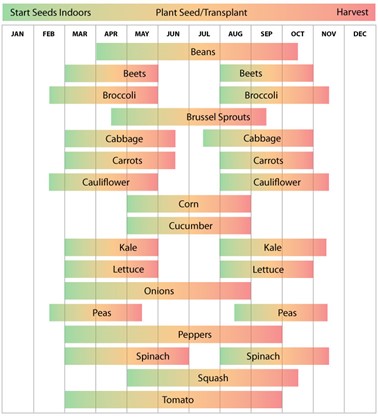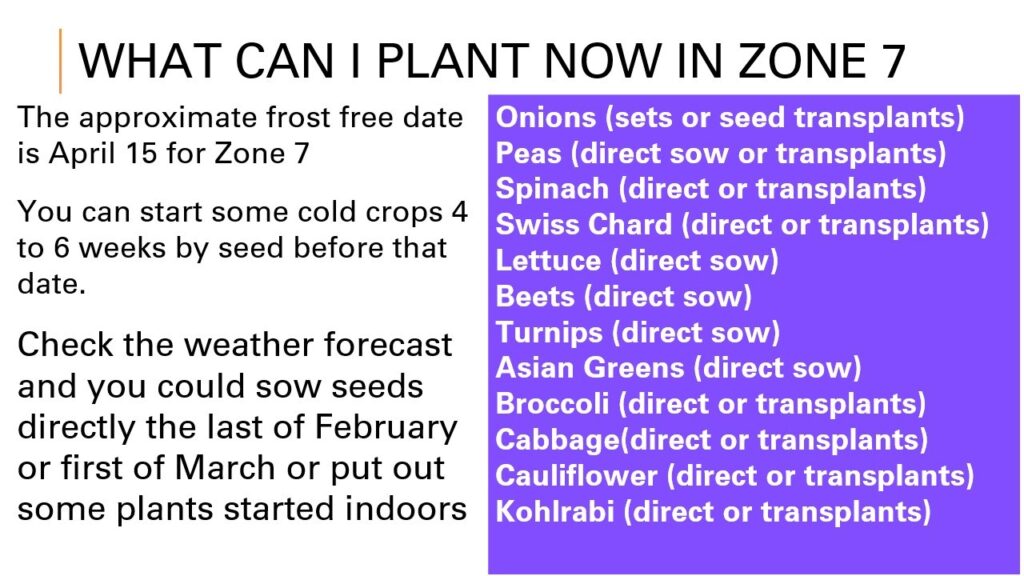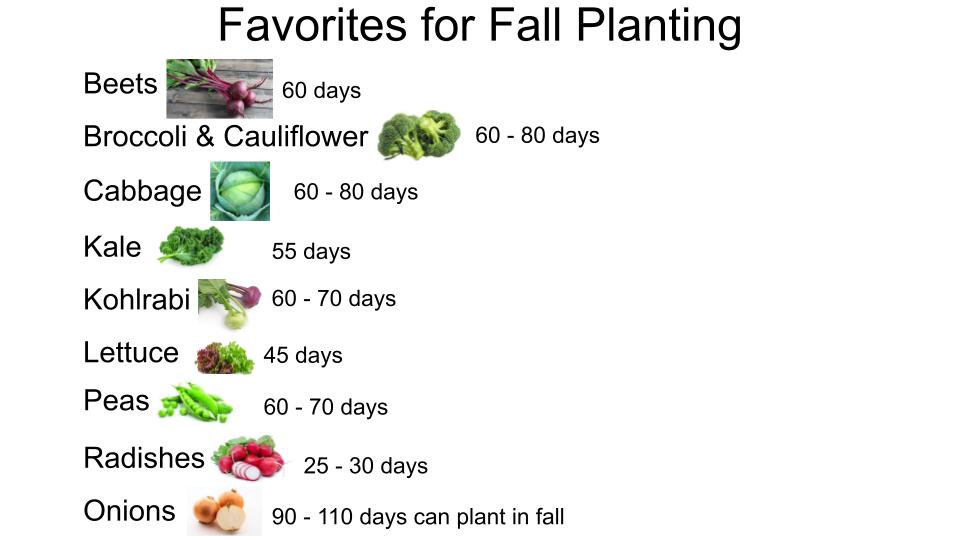WHAT CAN YOU DO FOR YOUR GARDEN TO GET READY FOR SPRING
I look forward to spring because that is when most gardening activities start after being cooped up inside during the winter. However, I have learned over the years that if I wait too long, I end up getting behind on the spring gardening season. February is not too early to start preparing for spring gardening.
You can search the internet for all kinds of suggestions on what can be done now to get you lawn and garden into shape. Many of these ideas are not much more that advertisements to sell you some products so please, beware. I would like to provide a few suggestions that I have found useful.
Order Seeds and Prepare Seedlings
There are many good seed companies from which you can purchase seeds. Two examples are Burpes (https://www.burpee.com/) and Gurneys (https://www.gurneys.com/). Both of these companies provide catalogs with great plant suggestions as well have having a lot of information on their websites. Some vegetables and other plants can be planted outside as early as in March.
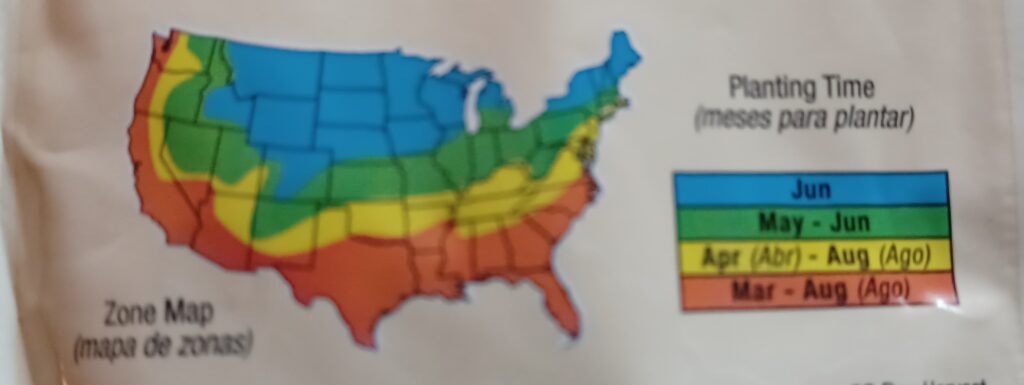
Usually, the back of seed packets will contain good information about when to plant based upon your location. You can also check on-line (https://planthardiness.ars.usda.gov/) to find what is the USDA plant hardiness zone that applies to your area. For example, in our part of Kennewick, we are in Zone 7b. This provides good information on planting seasons for various plants.
If you start seeds inside, they can be started about 6-8 weeks before you plan to move your plants outside. Time it so that plants occur when all danger of frost has passed. This will mean different dates to gardeners in different parts of the world. Use your region’s average last frost date to calculate your seed start date. One good source is the National Gardening Association Website – https://garden.org/apps/frost-dates/
A good publication from WSU Benton Franklin Extension that provides more info on what and when to plant can be obtained from:
https://s3.wp.wsu.edu/uploads/sites/2071/2021/01/3-HowtoChooseWhatToGrow-ENG.pdf
Pruning
Early spring is a good time to prune some trees and shrubs. You will see workers in orchards doing their pruning at this time of year. But be careful what you prune and when. Some plants need to be pruned later in the year. HGTV has a good guide as to what plants can be pruned in the spring and when other plants should be pruned.
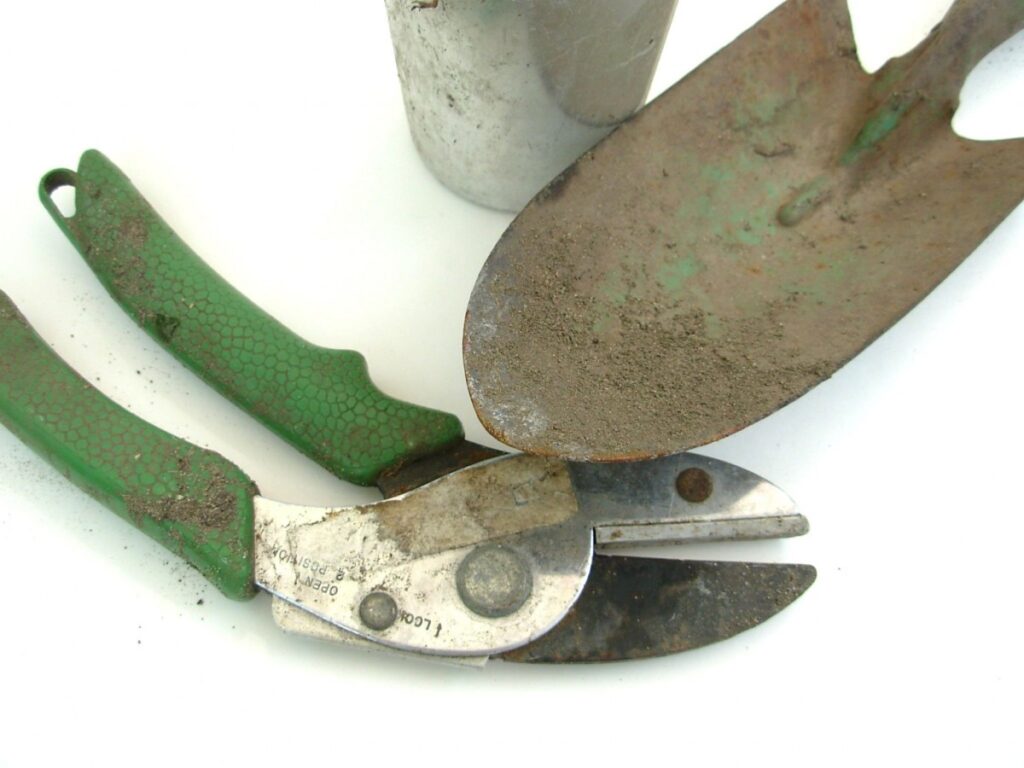
You can also buy new pruning and other garden tools or fix up the ones that you already have. A couple of guides to help you with selecting and caring for tools can be found with the links below. Do not forget to disinfect any pruning tools as necessary if cutting into diseased plants. Also, do not add diseased plants that you have pruned into compost piles.
Keeping tools clean and sharp will help your plants from unnecessary damage.
https://extension.unh.edu/blog/2018/01/how-clean-sharpen-your-pruners
https://pubs.extension.wsu.edu/pruning-equipment-for-home-gardeners-home-garden-series
Equipment
One additional topic is what to do about power garden tools. Although I will not be using my lawn mower for a while, I do like to clean it up and purchase a tune-up kit for it to get it ready for spring. This kit includes a new spark plug, blade, filter and oil. Or if you want, you can take tools like lawn mowers to local shops have them do tune-ups for you. Do this soon before there is a backlog.
You can also get other power tools ready. If gas driven, many have spark plugs and filters that may need to be replaced. Clean up linkages as well. If you have a chainsaw, sharpen or replace your blade. Your owner’s manuals can provide additional help.
More blogs to come about spring activities, but for now I have given myself enough ideas to get to working.
WHAT CAN YOU DO FOR YOUR GARDEN TO GET READY FOR SPRING Read More »
